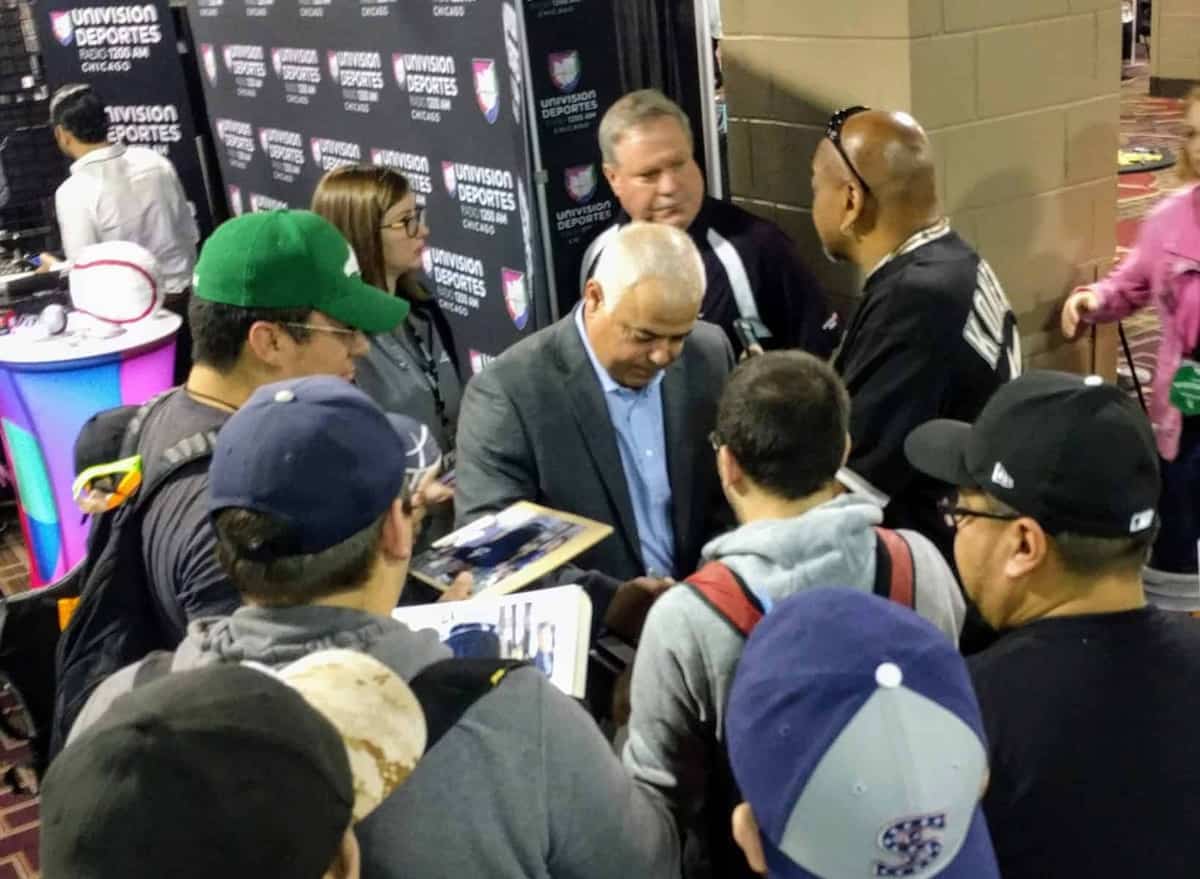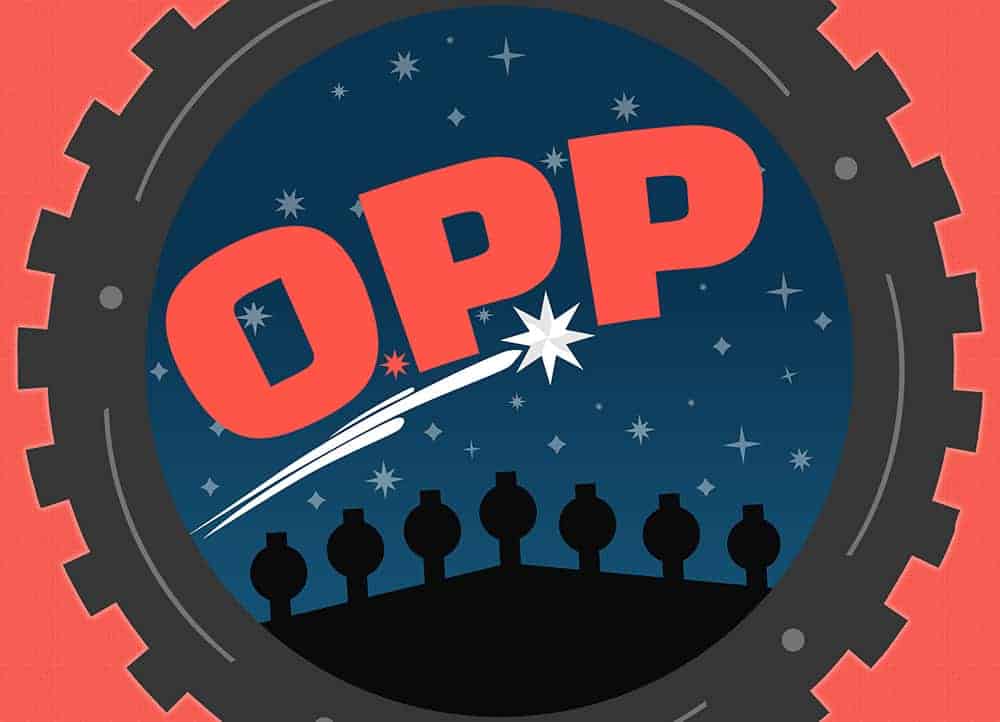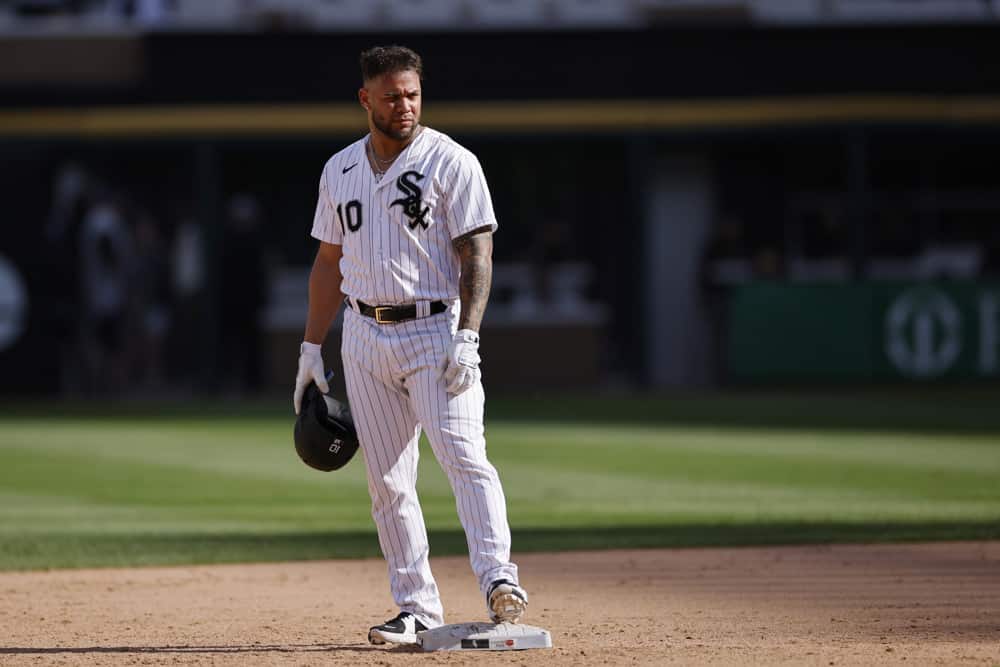By the end of last year, Adam Engel was the only White Sox who was called to bunt with anything resembling regularity. One couldn't fault the thinking, because Engel spent the last few months hitting like a pitcher. I'd thought that Renteria had mostly gotten that self-defeating smallball out of his system at the end of his first season, which Renteria reinforced by saying during SoxFest that even he didn't like seeing the Sox bunt so much.
Alas, Monday's game was the latest example of Renteria's bunting proclivity getting the best of him. He called a suicide squeeze for Yolmer Sanchez with the runners on the corners and one out while trailing by one. Sanchez couldn't bunt fair on a pitch out of the zone, he ended up striking out, and the Orioles closed it out two batters later.
It's been a while since individual game results felt relevant enough -- and since so many weird decisions were made -- that most of the recap was spent dissecting them. It's fair to revisit them with the manager's reasoning in mind, even if Renteria made too many questionable calls to get asked about every single one.
He did cover a few of them, though. Here's his rationale for the bunt:
"I actually thought, to be honest, 'I'd like to get this run across the board. I'd like to tie this ballgame and keep us going,'" manager Rick Renteria said. "Obviously, we didn't get it across. We've had a tough time, in moments, getting a run across with a runner on third."
And here's his rationale for issuing an intentional walk to Manny Machado with nobody on and one out:
"We wanted to make sure that he didn't quick-point us again," Renteria said. "It was that simple. Another run, another chance to hit a ball out of the ballpark. He's been squaring up the ball pretty good."
It doesn't seem as though other questionable decisions -- sticking with Hector Santiago against righty sluggers, subbing out Daniel Palka for Trayce Thompson when trailing by one -- were covered. The postgame write-ups mainly centered on Renteria's decision to bench Welington Castillo, but that struck me as straightforward.
After the game, Renteria stood by his decision to pull Castillo, his 31-year-old catcher, in a one-run game. He said the pop fly might be caught 99 times out of 100, but Castillo needed to hustle to first base in case it dropped.
“He could, at minimum, at least start moving that way,” said Renteria, who spoke with Castillo after the play. “That’s uncharacteristic of him, to be honest. Maybe he was just frustrated that he had the fly ball and just stayed at the plate, but there was no movement toward first at all.”
I don't necessarily have a problem with this one. Castillo watched a pop-up at home plate in a way that didn't require the Orioles to even catch the ball. He wouldn't have even had to run -- he could've just ambled toward first, as second was occupied. He made no effort, and so the benching was a good message that you should force the opponent to execute. (Earmark this notion.)
However, this is why I didn't like the Leury Garcia benching in the game against Pittsburgh on May 9. In that one, Garcia tried to reach with a drag bunt, but he couldn't soften it and ended up rocketing the ball to first baseman Josh Bell. Garcia hustled initially, but once he saw that Bell cleanly fielded the ball and was going to beat him to the bag, Garcia eased up about 60 feet down the line.
Garcia did what Castillo didn't -- get out of the box in a way that forces the defense to make the play. If Renteria deemed that level of hustle worthy of punishment, then he had to bench Castillo in order to treat all his players the same. The problem is that there's a world of room between Garcia's effort and Castillo's, and if Renteria is going to mete out punishments for everything in that area, then "Ricky's Boys Don't Quit" will morph into "Ricky's Boys Don't Run," and the "benching" tag on recaps is going to get a workout.
Taking Garcia out of the equation, Renteria aimed for consistency when benching Castillo, but he instead created dissonance with his other decisions. Castillo rankled him because he didn't ensure that the Sox could capitalize on a mistake. That's fair, especially in a one-run game.
But that's precisely why I didn't like the Sanchez bunt. Brad Brach had made the costly mistake by walking Adam Engel in front of a wave of quality hitters. That was supposed to be the lapse on which the Sox had to pounce (again, the whole idea why Renteria wanted to see a certain level of effort for Castillo). Instead, the Sox granted Brach a reprieve by forcing Sanchez to bunt on an 0-1 pitch out of the zone.
When you play to win and come up short, well, that's why "go home" follows "go big." When you play for the tie and come up short, it's just sad. Throw in the bases-empty IBB to Machado, and Renteria was managing scared.
And it just so happened to come on the same day that Jon Heyman wondered what the future holds for Joe Girardi.
The ChiSox continue not to look great from a fundamental standpoint, though the belief is that they will stay with Rick Renteria, at least for now. For the future, one name to keep an eye on could be Joe Girardi, the former Cubs catcher and Peoria. Ill. native. Girardi’s currently working as an analyst at MLB Network, and waiting for another managerial opportunity.
I'm guessing Heyman isn't properly weighing the White Sox' insane level of loyalty toward managers, but I like that idea, even if it's only a reminder that there are other managers. If Renteria's Sox take a big, discouraging step back in his second season like Robin Ventura's did, then perhaps running down the line isn't the only area where more should be expected.





